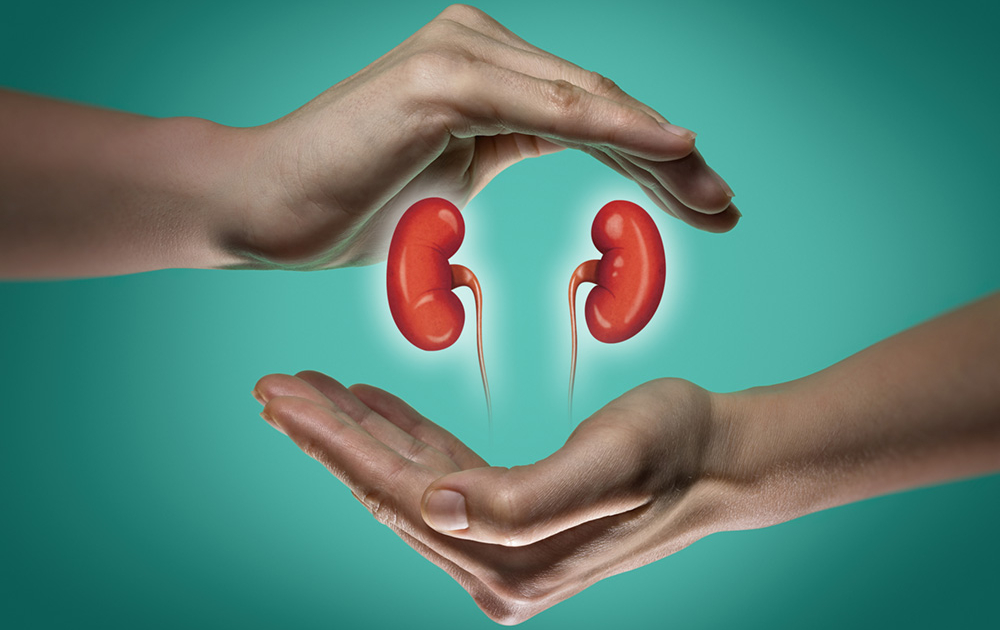Medical Nutrition Therapy, PLADO – The 21st Century Approach to Chronic Kidney Disease, explained by a New York State Certified Dietitian Nutritionist
It is fortunate for those with chronic kidney disease that nutritional factors can significantly impact the progression. As stated in Today’s Dietitian, “at a minimum, a careful diet can help preserve patients’ remaining kidney function and treat complications of the disease. In some cases, nutrition also may help patients regain kidney function they’ve previously lost.”
Jessianna Saville RDN states, “Nutrition is the cornerstone of treatment for good kidney care, period. It’s a game changer.” Historically, renal nutrition focused on regulating single nutrients rather than establishing a healthful plan that simultaneously can manage concurrent diseases.
Today, researchers and dietitians make personalized recommendations based upon dietary patterns to protect and promote kidney health. The National Kidney Foundation has partnered with the Academy of Nutrition and Dietetics in recommending total diet quality – “which includes more plant foods”. This individualized nutrition approach is more effective in slowing progression of CKD.
As a Long Island RDN, I work with patients who struggle with CKD to develop individualized diet plans to improve their nutrition and wellness status. It is important to understand that you don’t have to give up animal protein, instead, simply find ways to incorporate more plant foods. Small goals, even baby steps, can make a difference in health outcome.
The most important considerations when developing a diet for kidney disease are:
- Protein Adequacy (neither deficiency nor excessive)
- Protein Source: animals vs. plant. How the quality of the protein effects the kidneys
- Alkalinity of the Diet
- Sodium
- Potassium and Phosphorus
- Fiber
- Gut Health
- Micronutrients
The goal of medical nutrition therapy is to slow down, if not halt or even reverse, the progression of kidney disease. There is sufficient evidence to support the benefits of incorporating a plant dominant plan. The benefits include decreased inflammation, less uremic toxins, reduced metabolic acidosis, improved gut microbiome from the increased fiber intake, and reduced bioavailability of certain nutrients such as phosphorus and potassium.
Metabolic acidosis, the buildup of too many acids in the blood, is a contributor to CKD. Plant based foods, such as fruits, vegetables, and legumes, are alkaline precursors. Research has shown that fruits and vegetables are as effective as oral sodium bicarbonate.
Today’s evidence-based recommendation is for a based plant-dominant, fiber rich, low-protein diet (PLADO) as the centerpiece of a conservative and preservative chronic kidney disease management strategy.
For further reading, check out these articles and links:



